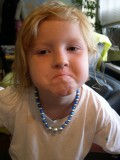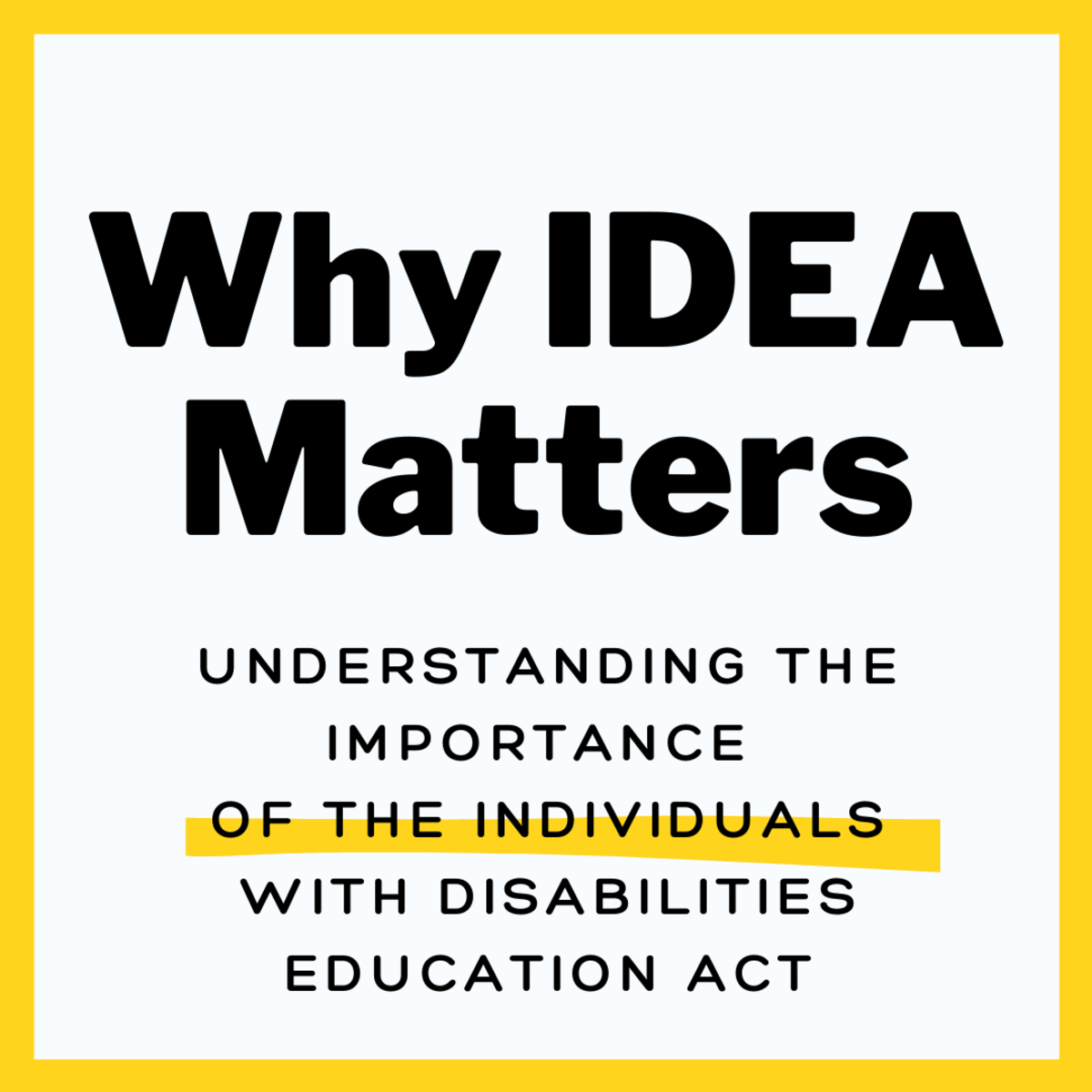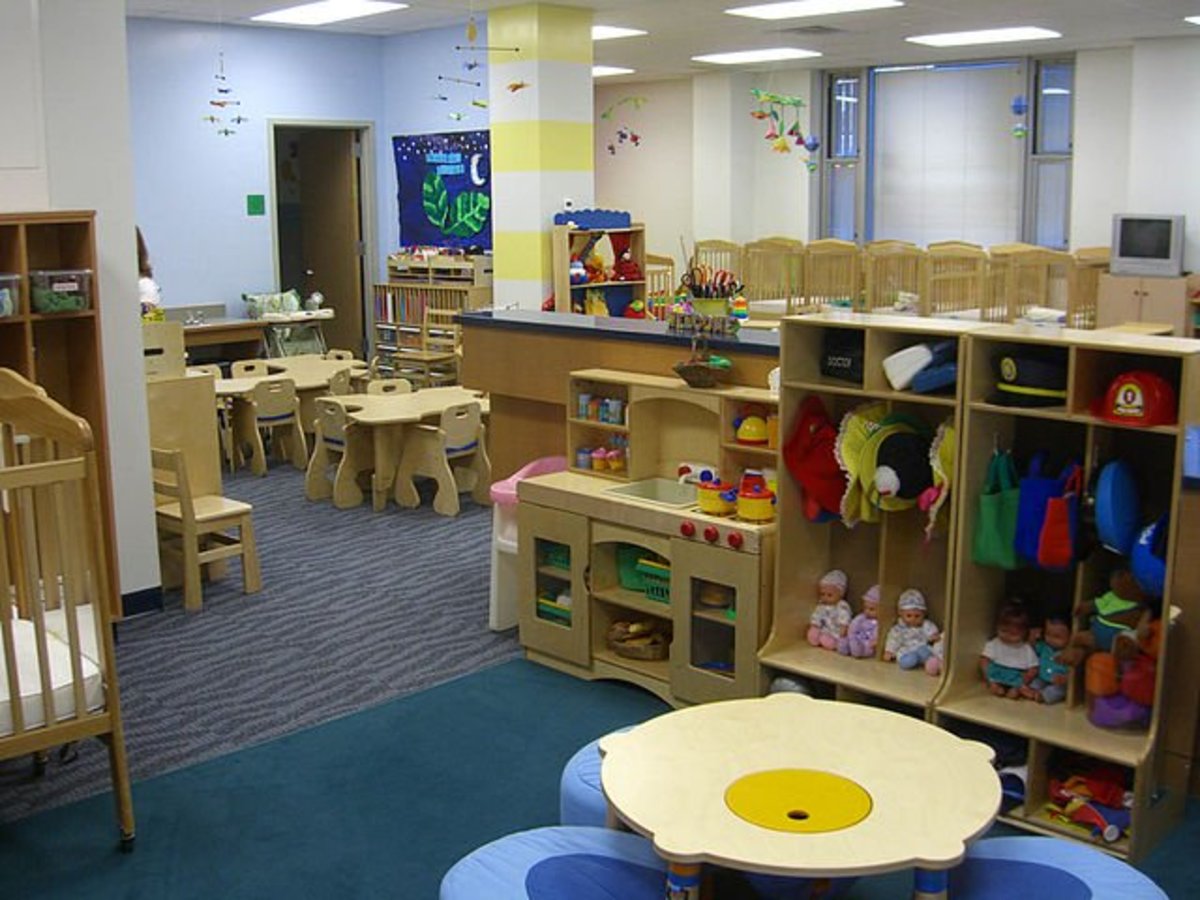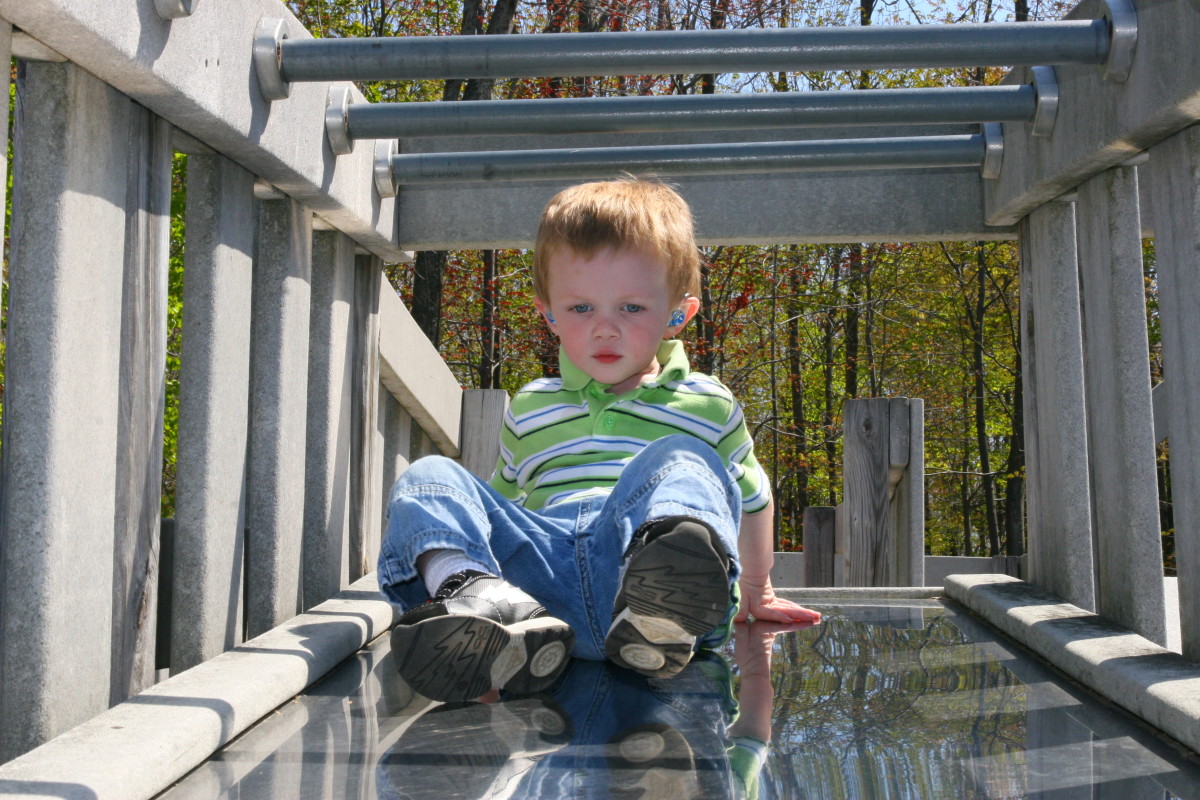A Guide to Understanding Children..Pt. 2

Earlier I discussed "a child's desire to belong" and "his own observations" as two factors which influence a child's behavior. Now I will discuss "his own environment', as one more factor which influences a child's behavior.
A child draws conclusions from what happens to him and from what he sees in his environment. He seeks "guidance clues" for his behavior. He must learn to handle his "inner" environment (hereditary) and his "outer" environment (things and events around him).
INNER ENVIRONMENT: Early on a child experiments with managing his body- grasping, changing positions and making his body respond to his wishes. He watches and interprets what he sees, smells, tastes, hears, and feels. With time, he uses his gathered intelligence to accomplish tasks. He discovers his abilities and his inabilities and he begins to cope with them from his own reference.
OUTER ENVIRONMENT: Also, from birth, a child learns to manage his outer environment and to make interpretations about it. His first smile, his first giggle, his first hug are all his outward attempts at social contact. When parents encourage him, he will smile and he learns to return a smile when they smile at him--his first interpersonal relationships are being made. He is learning how to behave with people and he is making his first new "responses to his own environment".
These two environments, "inner" and "outer", and his interpretations of them affect a child's development. If he meets with obstacles in either or both of these environments, he will either give up or compensate. In other words, he will choose his behaviors based on his interpretations of what happens to him or does not happen to him in each of his two environments.
When parents understand that their child is constantly making adjustments to and learning how to handle events and obstacles and personal deficiencies in his "inner and outer environments", they better understand a child's behaviors. For example, if a child becomes angry or frustrated with a new task, parents, understanding this behavior, can offer encouragement or alternate ways of accomplishing a task. Parents can offer new responses to the seemingly small accomplishments their children make even from infancy.
Won't you please return? Next time, I will reveal the three factors in a child's outer environment which affect the development of his personality. This discussion will offer new insights into a child's behavior.








